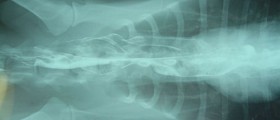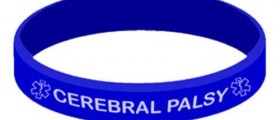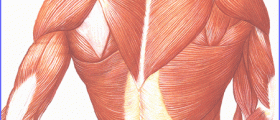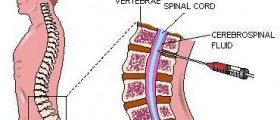
Introduction to myasthenia gravis
Myasthenia gravis is a chronic autoimmune neuromuscular disease that causes weakness of the skeletal muscles.
The name literally means “grave muscle weakness,” though, the condition is not really that “grave,” and can be treated.
Usually, the life expectancy of people with the disease is no shorter than for normal people.
Symptoms
Even though it affects the voluntary muscles, muscles that control the eye, facial expressions and swallowing can be affected as well.
Also, this disorder often affects people suddenly and without warning.
Usually the symptoms are not immediately pointing to myasthenia gravis, and people might thing that something else is bothering them.
The first symptom is usually weakness of the eye muscles. Swallowing will be harder too and slurred speech is another possible early sign of the condition.
Sometimes, the muscle that controls breathing is affected as well, which will obviously result in breathing difficulties.
One of the most common symptoms is droopy eyelids, blurred and double vision, unstable walking, weak arms, hands, fingers legs and neck, a change in the facial expression, and a tough time swallowing and speaking.Treatment
Thankfully, because of medical advancements and research into the condition, myasthenia gravis can be controlled today. There are a number of therapies that are available in order to help a person who is suffering from the condition to improve muscle strength.
There are also medications that can be used to treat the disorder.
Some of these medications are anticholinesterase agents such as neostigmine and pyridostigmine, and they will improve neuromuscular transmissions and increase the strength of the muscles generally.
There are also immunosuppressive drugs that can be taken, such as Prednisone, Cyclosporine, and azathioprine, which will improve the strength of the muscles by stopping the production of the abnormal antibodies that that causing this muscular weakness.
However, all of these medications must be used very carefully and their progress must be followed by a doctor very strictly, because most of the can cause serious side effects.
There is also a surgery that can help. The surgery includes a removal of the thymus gland, and is called a thymectomy.
It helps to reduce the symptoms in over 70 percent of patients and it can also help people by balancing out the immune system again.
Another useful remedy is plasmapheresis, which is a procedure in which abnormal antibodies are removed from the blood and a high dose of immune globulin is given to the patient in order to temporarily modify the immune system and give the body normal antibodies that come from the donated blood.

















Your thoughts on this
Loading...